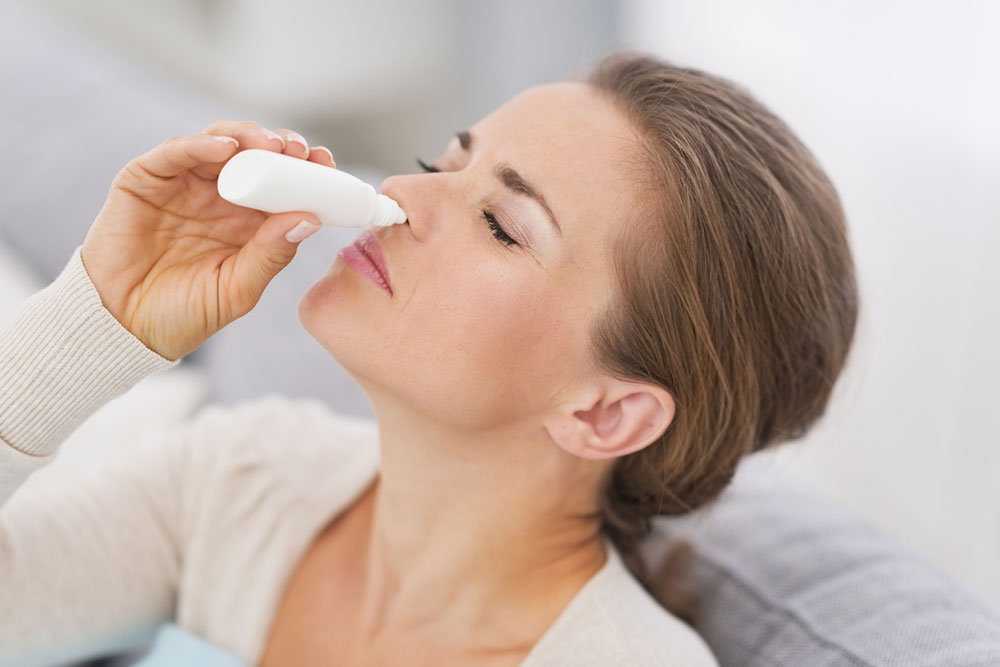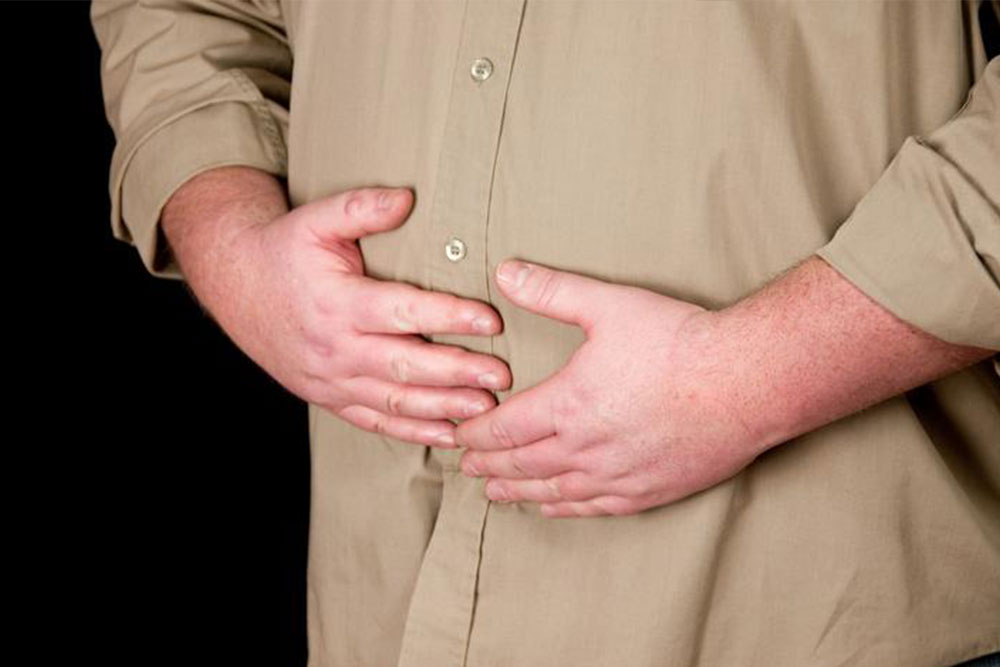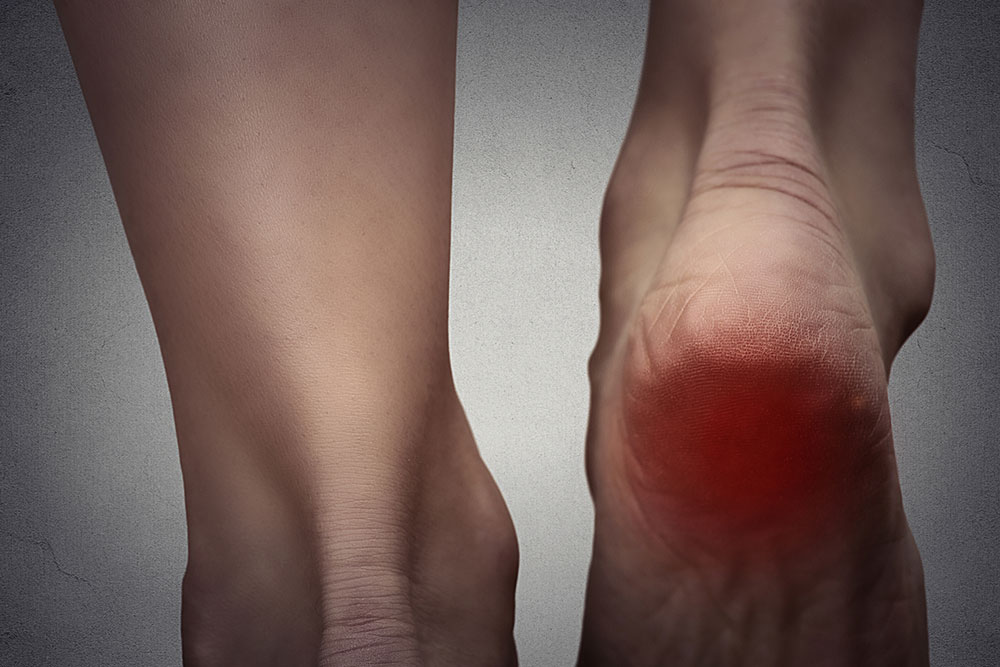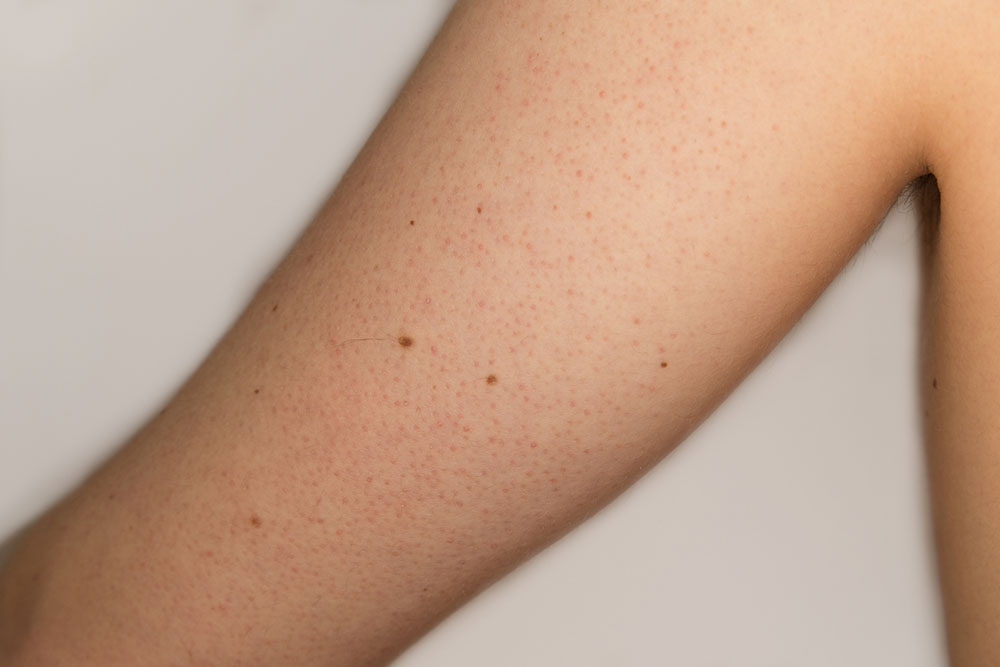
Treatments
Top Treatment Options for Post Nasal Drip
A lot of people experience postnasal drip at some point in their lives. The nose and throat naturally produce mucus to moisten the nasal membranes, clear the nasal passage, and fight infection. However, in case the body starts producing extra mucus, it might get collected in the back of the throat. You may also feel a leaking sensation, where the mucus drips down your throat from the nose. This is termed as postnasal drip. Some of the most common symptoms of postnasal drip are as follows: A bad cough that gets worse at night Bad breath Sore throat Nausea An uncomfortable feeling that you constantly need to clear your throat Common Causes of Postnasal Drip Sometimes, the mucus produced cannot be properly cleared away, resulting in a postnasal drip. Also, conditions like gastroesophageal reflux disease and GERD can trigger swallowing troubles that result in the buildup of liquids in the throat. Other common causes are as given below: Allergies Colds and flu Sinusitis or sinus infection Pregnancy Certain blood pressure medications Object stuck in the nose Changing weather or excessively cold temperatures Fumes from cleaning products, smoke, perfumes, etc. Deviated septum Certain foods, especially spicy foods Best Postnasal Drip Treatment The best postnasal drip treatment depends upon the cause. They can be caused due to bacterial and viral infections. In case of a bacterial infection, taking antibiotics can be helpful in finding relief. Moving on, nasal decongestants and antihistamines can help in treating cold and virus infections. Conventional, over-the-counter antihistamines such as chlorpheniramine and diphenhydramine are not ideal postnasal drip treatment options as they tend to thicken the secretions. On the other hand, newer medicines such as cetirizine, loratadine, desloratadine, and fexofenadine are more suitable and also have fewer side effects. It is important to note that all these medicines can cause dry mouth and drowsiness.












